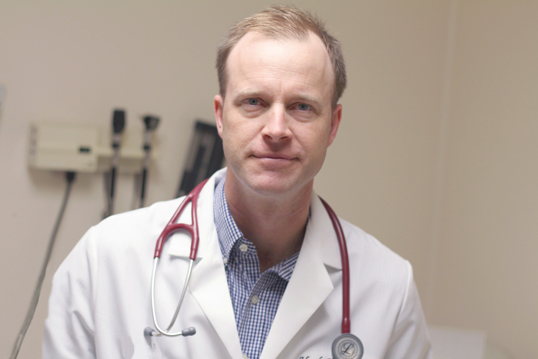 The questions caught me off guard. How does one define caring too much? Does asking a lot of personal questions to get to know someone constitute caring too much? Does taking time to counsel someone about their illness with specific practical advice count as caring too much? Or is it taking time to explain how the illness will affect their life while looking them in the eye and saying, “I really don’t want this to happen to you”?
The questions caught me off guard. How does one define caring too much? Does asking a lot of personal questions to get to know someone constitute caring too much? Does taking time to counsel someone about their illness with specific practical advice count as caring too much? Or is it taking time to explain how the illness will affect their life while looking them in the eye and saying, “I really don’t want this to happen to you”?
Which brings us back to the “caring so much.”
“Not sure what you mean. I’m just trying to explain things to you so you’ll understand why I’m telling you to do all of this, and take your meds; and I don’t want to see you get sicker. I’ve seen that, and it is not pretty.”
“But, it’s more than that, doc. You actually look like you care. You explain things to me so I get it. And you tell me if you think I shouldn’t be taking something rather than just loading me up on yet another med. I like that.”
It seemed obvious to me, and yet I have seen so many people who ask about an illness they have had for years like they just got diagnosed because they know nothing about it. They stop medication because they don’t know how it will help them.
People are curious creatures—I know I am. We all want to know how things work. I ask the mechanics what they did specifically to fix the engine of my car. I want to know why certain people eat a certain kind of food or celebrate a certain holiday. Why would a patient be any different?
“You got questions, you ask. I’ll do my best to explain it. If you want to stop a med, come talk it over first. My rule of thumb is to treat you like I would treat my brother or father. Why should you get care that is any less than that?”
“I like that, doc. Makes me feel safe at least. Thanks.”
And with that, he went back to his cell. On my first day in the prison, a physician assistant said to me, “Treat these guys with respect and they will do anything for their health. No one treats them with respect—never—not before prison and certainly not in prison. That approach, creating that feeling, will take you a long way.”
Indeed it has.
When I went to medical school, I had barely taken a biology or a chemistry course (I was lucky to attend a school that did not require traditional MCAS scores and science prerequisites). I went to med school because I thought I could teach people about their health, use practical sense, act as an example and just try to be real with people since I had so many interesting life experiences. I feel that this mission is coming to fruition. My dad was in prison years ago. I know he would have wanted respect then; these guys just want the same. It has to cut both ways—and when it does, it is powerful.
Thursday Morning Memos are reflective essays about clinical experiences written by faculty, alumni, residents and students of the Department of Family Medicine & Community Health and, occasionally, contributors from other departments. Thursday Morning Memos is UMass Medical School’s homegrown version of narrative medicine, in which the authors process their experiences through writing. To learn more, visit: http://www.umassmed.edu/news/articles/2011/personal_stories.aspx.